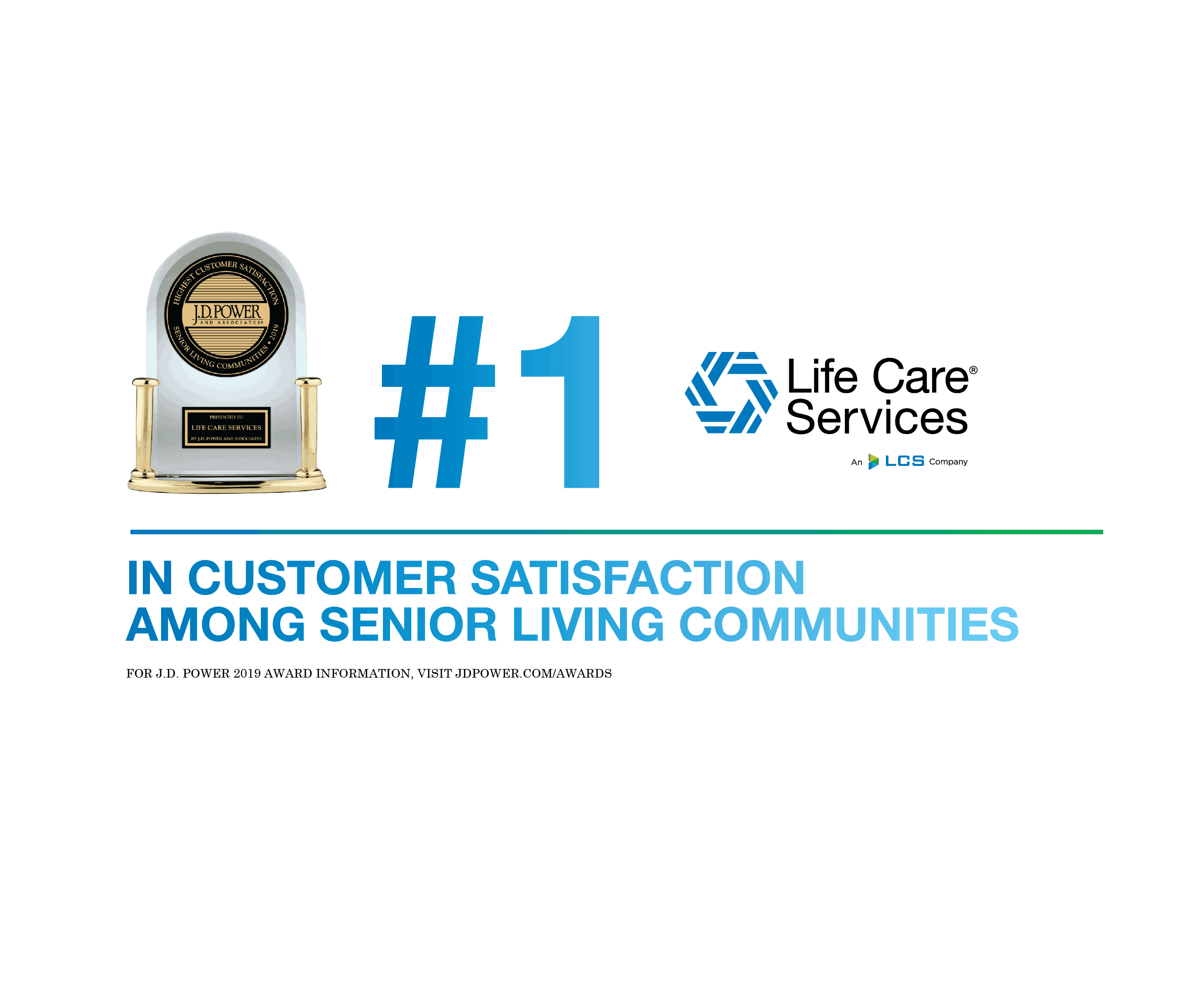Respite Care: Take Time Away from Caregiving

As Spring Break approaches, many people start making plans for time away. But, as a caregiver, have you considered a break for yourself? For the millions of family caregivers across the country, it’s often hard to find the time. Respite care may be an option for caregivers.
According to the National Alliance for Caregiving and AARP, caregivers spend an average of 24.4 hours a week on care. Even more, nearly 25 percent of caregivers spend as much time providing care as a full-time job – around 41 hours a week.
Despite the challenges, time away from caregiving – such as respite care – is essential to your well-being. You’ll be better able to care for your loved one when you find the time to care for yourself.
How Caregiving Affects Well-Being
In many ways, serving as a caregiver for a loved one comes with rewards. Caregivers often get a sense of fulfillment from their roles. However, the American Psychological Association notes that you may have some strain along with the positives. When these feelings of strain or stress aren’t addressed, they affect your well-being. In fact, the connection between long-term stress and numerous health conditions is well-known.
From changes to your mood or sleep to worsening of chronic conditions, you should pay attention to signs of caregiver stress. It’s also important to think about how feelings of stress affect other aspects of your life. Caregivers may take time away from work or other social contacts due to caregiving strain. In the end, this can negatively affect your ability to keep healthy connections with others.
Time for Yourself
Caring for yourself starts with setting aside time just for you. Because of the importance of caring for your health, prioritize your own doctor’s appointments, make time each week for exercise, and schedule routine time away from caregiving.
Many resources exist to support caregivers. The Family Caregiving Alliance suggests several places to turn for support, including organizations like your local Agency on Aging, Paratransit, and Meals on Wheels. You might also consider where you can pay for or hire out help. This may include help with housework or a temporary respite care stay for your loved one. These give you an opportunity to take a break from day-to-day caregiving duties and do something for yourself.
Make Respite Care a Priority
Respite care is essential to caring for the caregiver. The term respite care simply means you let someone else provide care for a time. You’re able to take a complete break from the role of caregiver. While it may be hard to let go of your role, respite care helps you recharge so that you come back to caregiving with a renewed sense of energy.
Respite care is valuable because it:
• Helps you keep your identity beyond caregiving
• Reduces conflict between you and your loved one by providing space
• Provides time for rest and relaxation
• Allows you to maintain hobbies and social contacts
• Gives you time to care for your own health
Some respite care programs provide an afternoon or a day away from caregiving. Others provide a place for your loved one for a week or longer – like over Spring Break. Find a place that fits your needs and the needs of your loved one. Then, you’ll be able to enjoy your time away with confidence.
At Signature Pointe, our Spring Break Respite Program gives you time for yourself. Read more about our short-term, respite program or call (972) 726-7575 to schedule a virtual tour.




